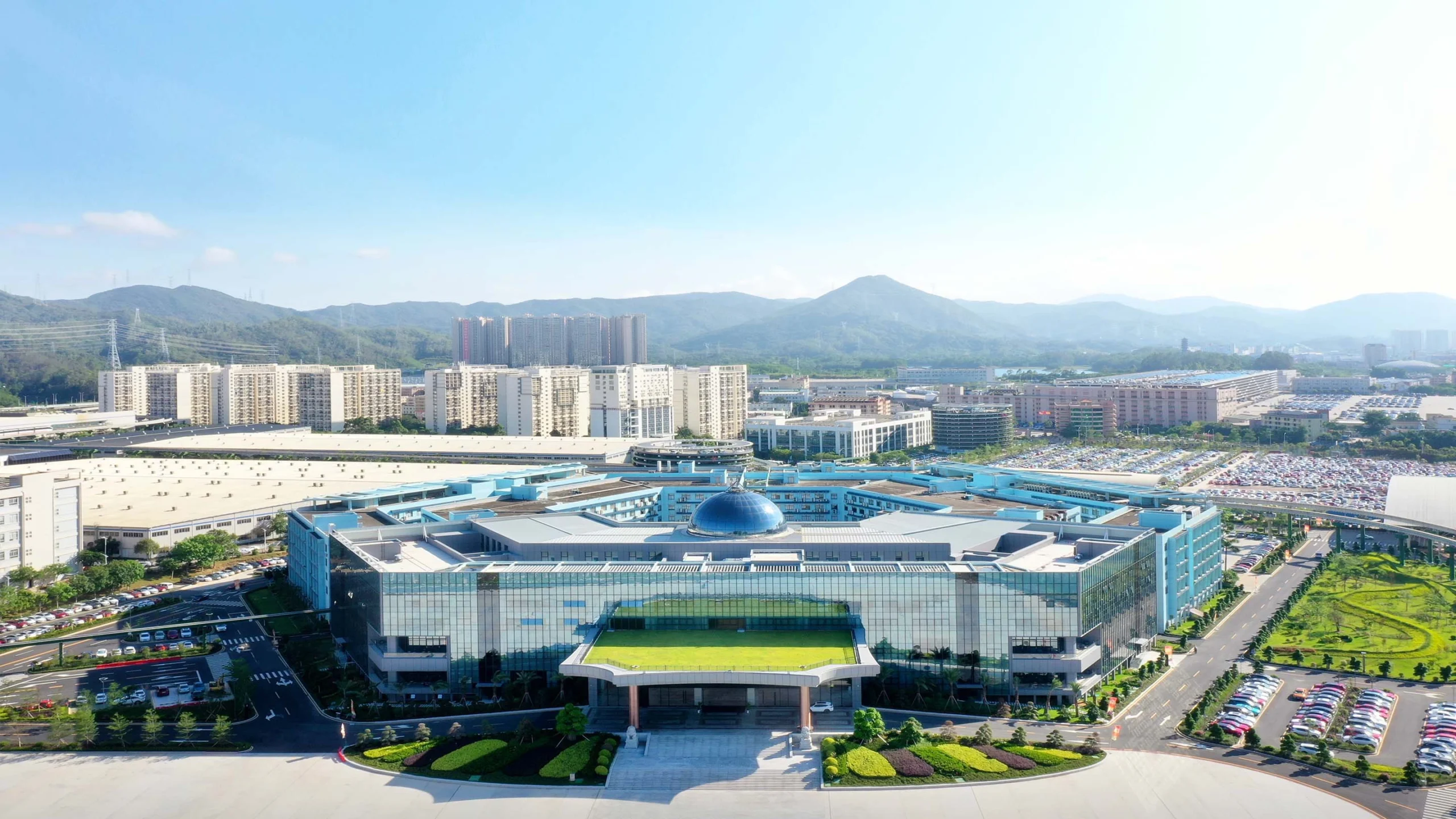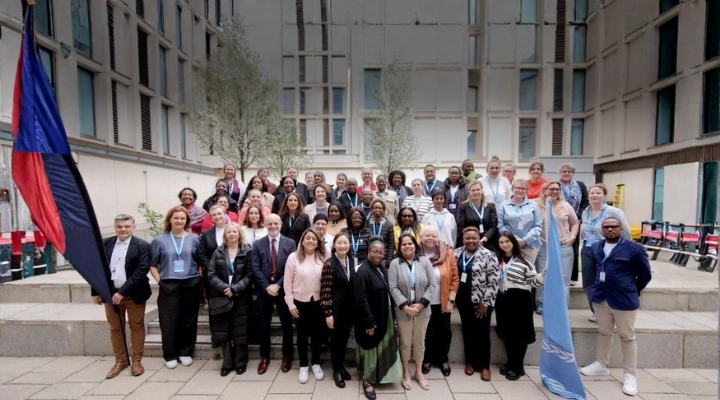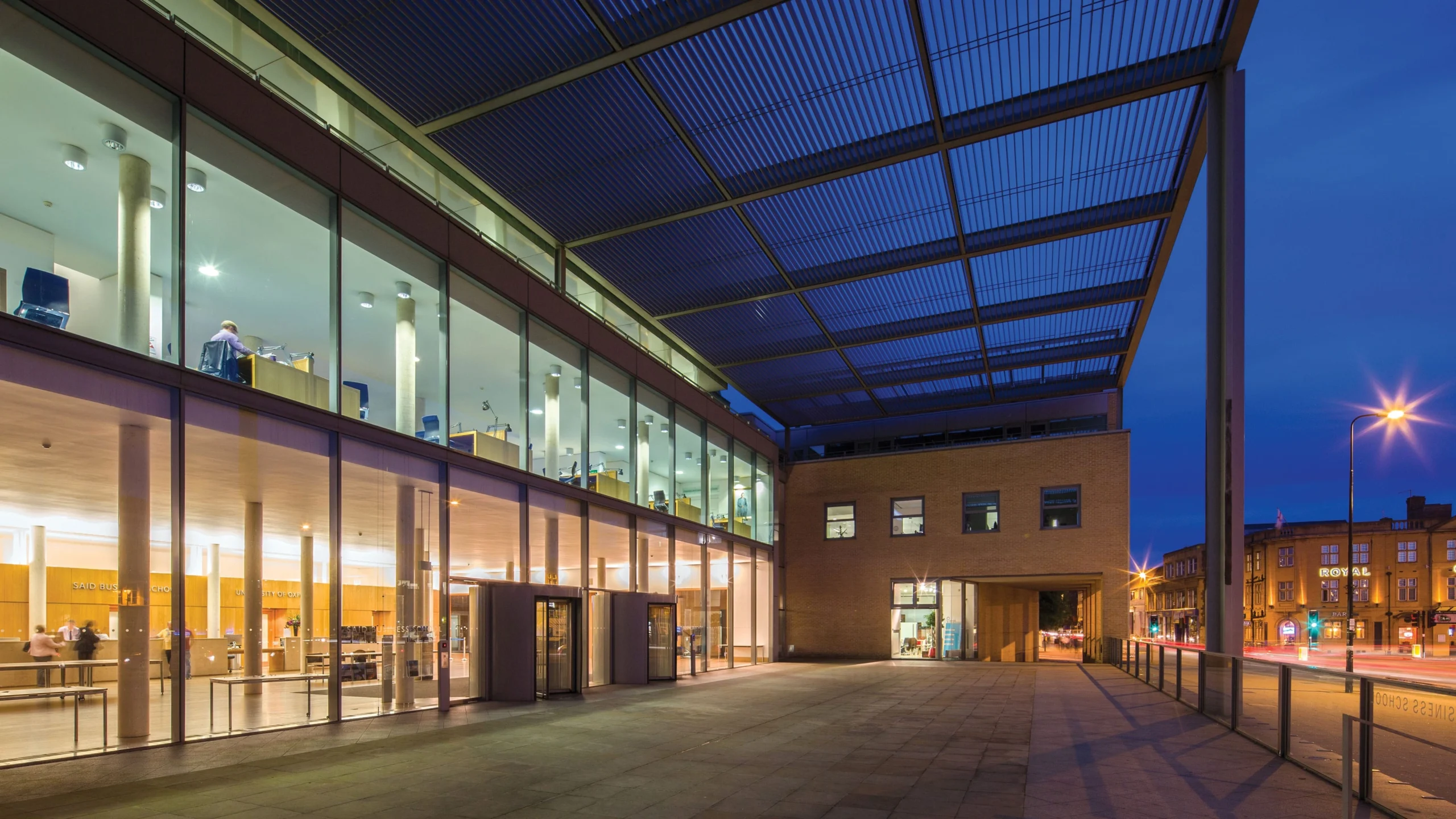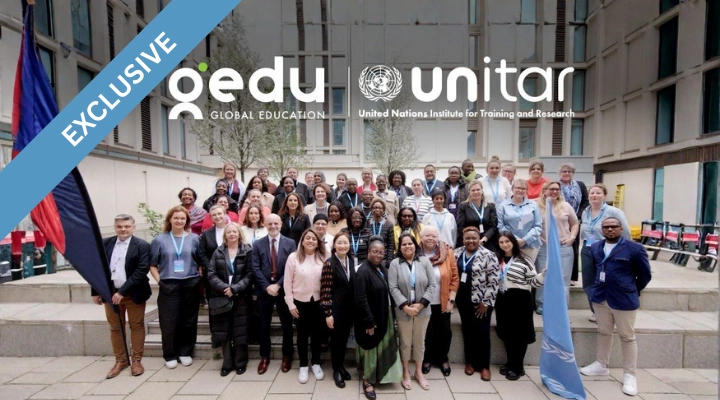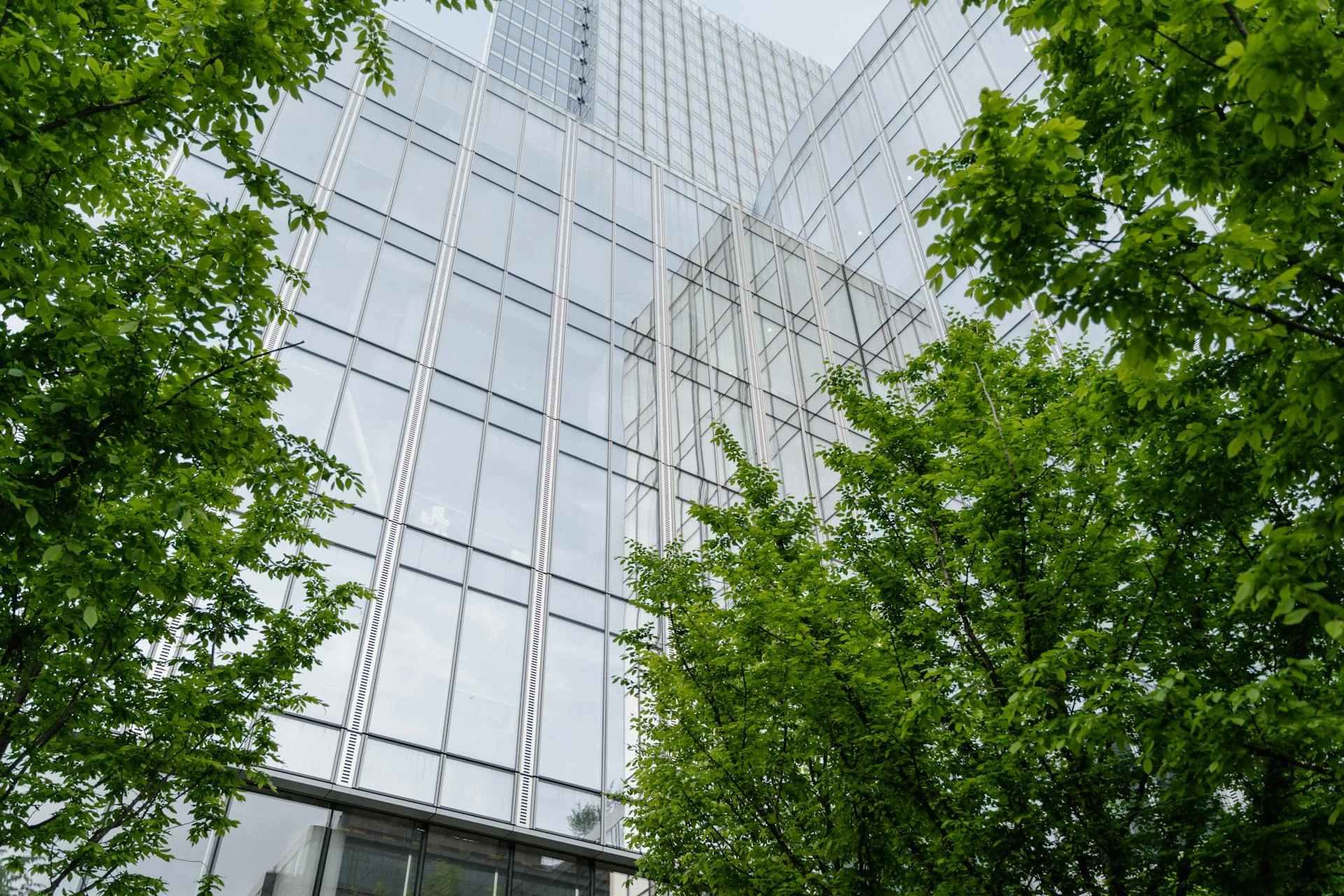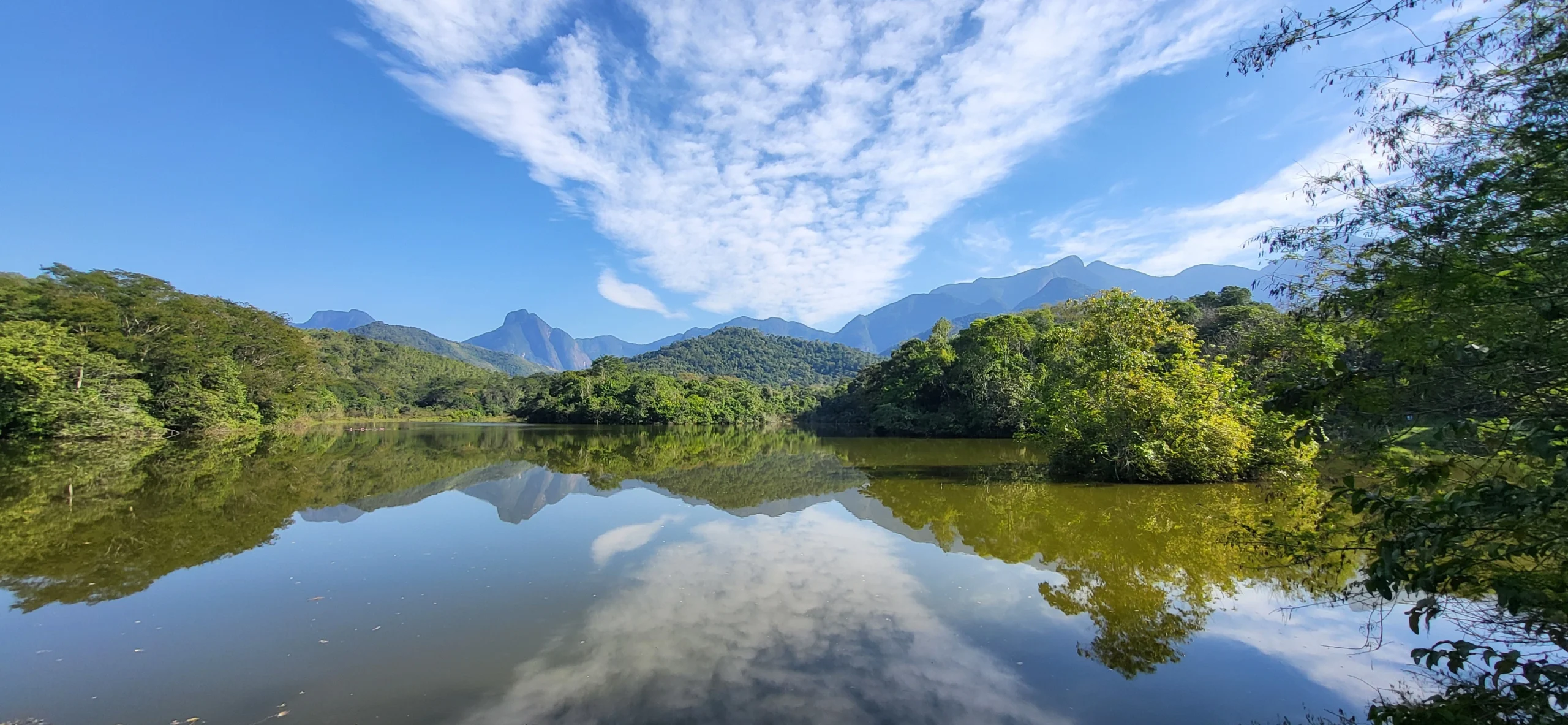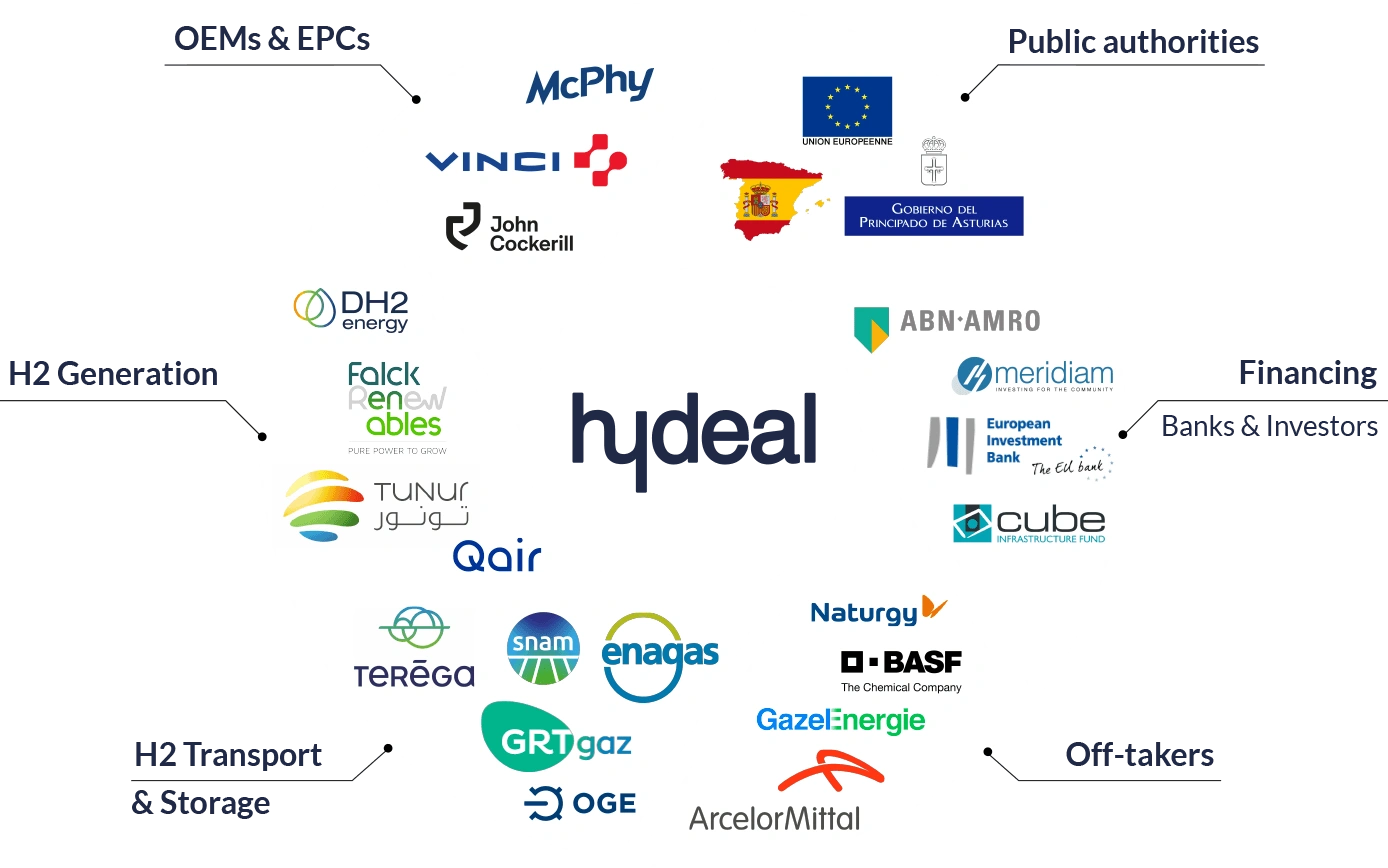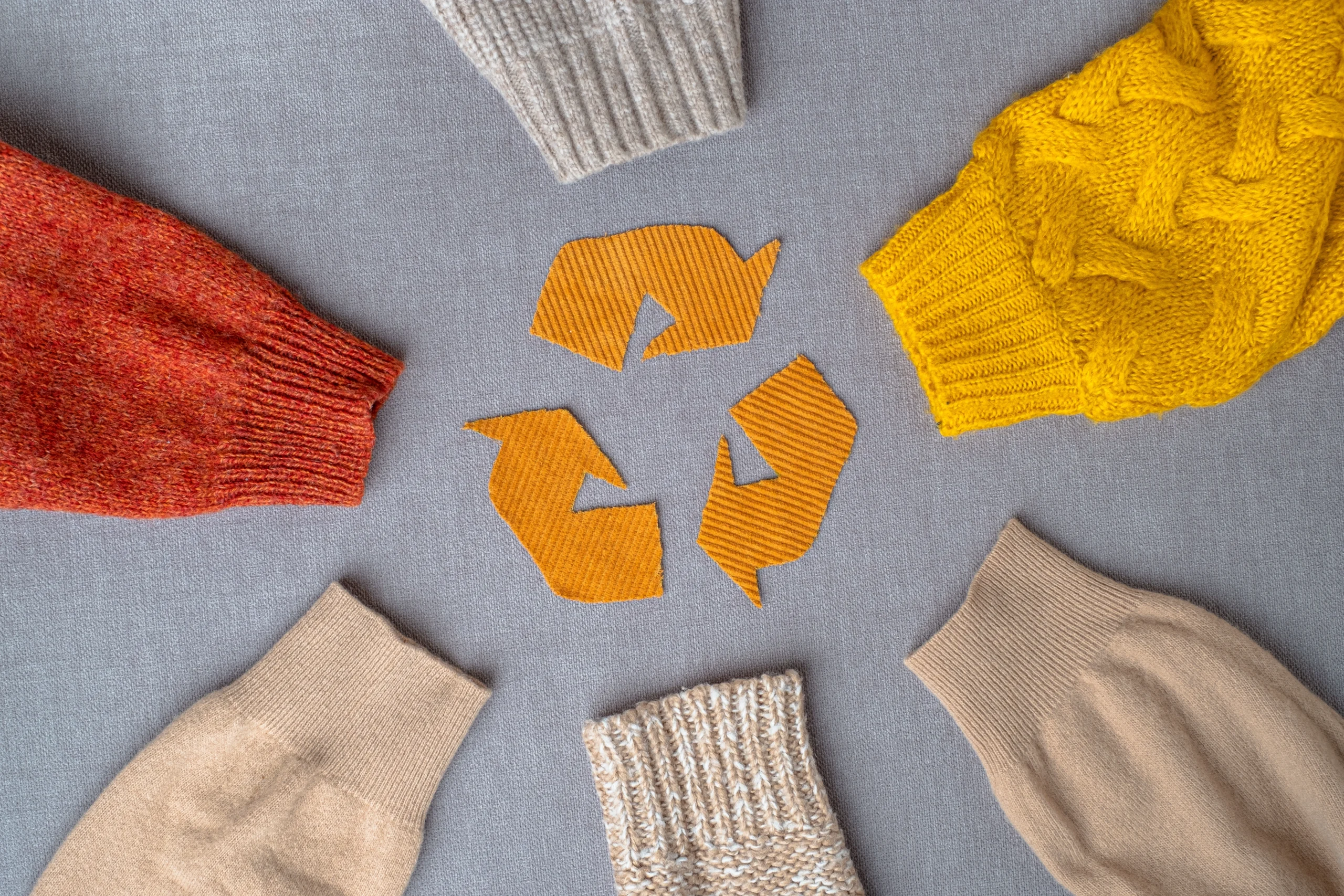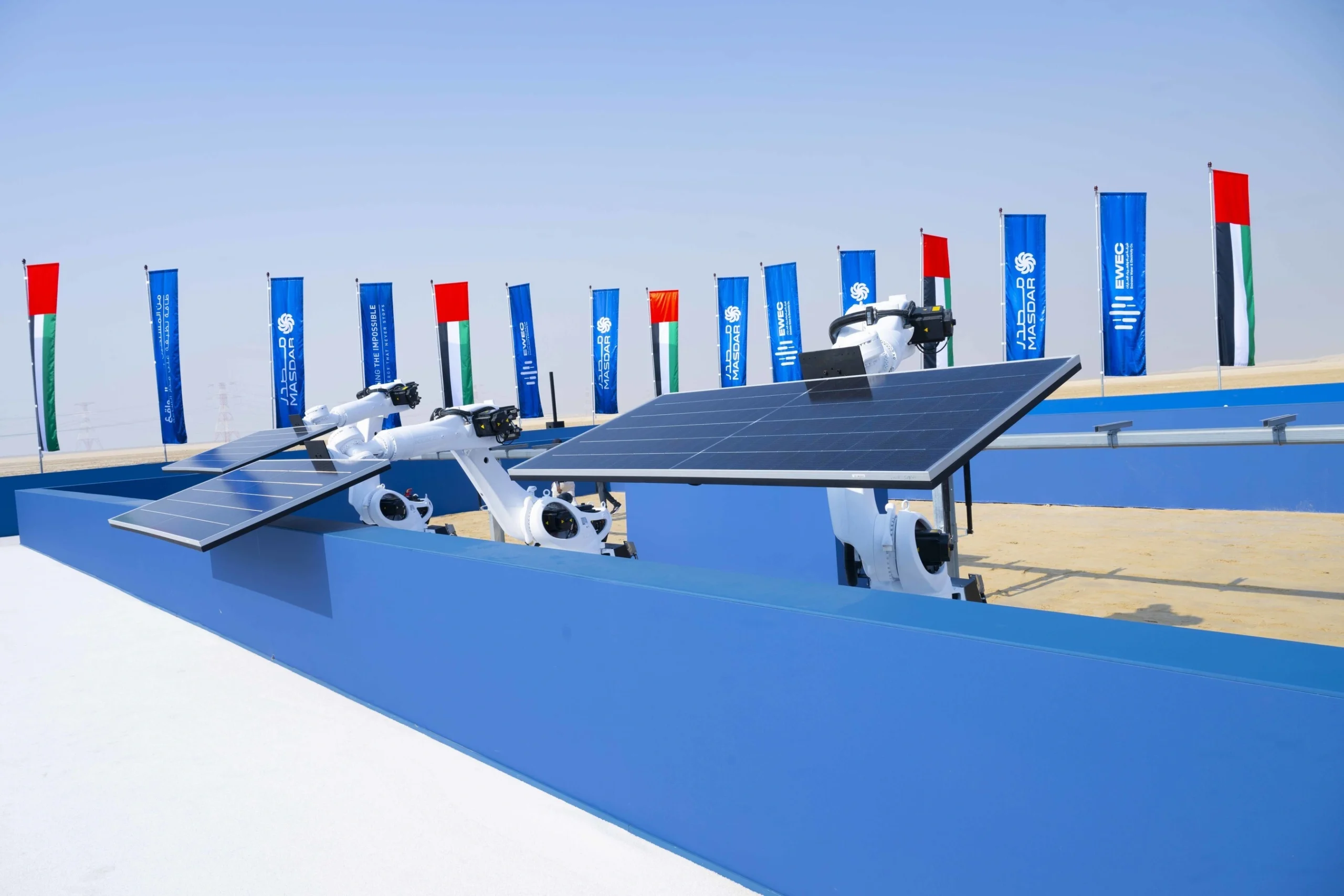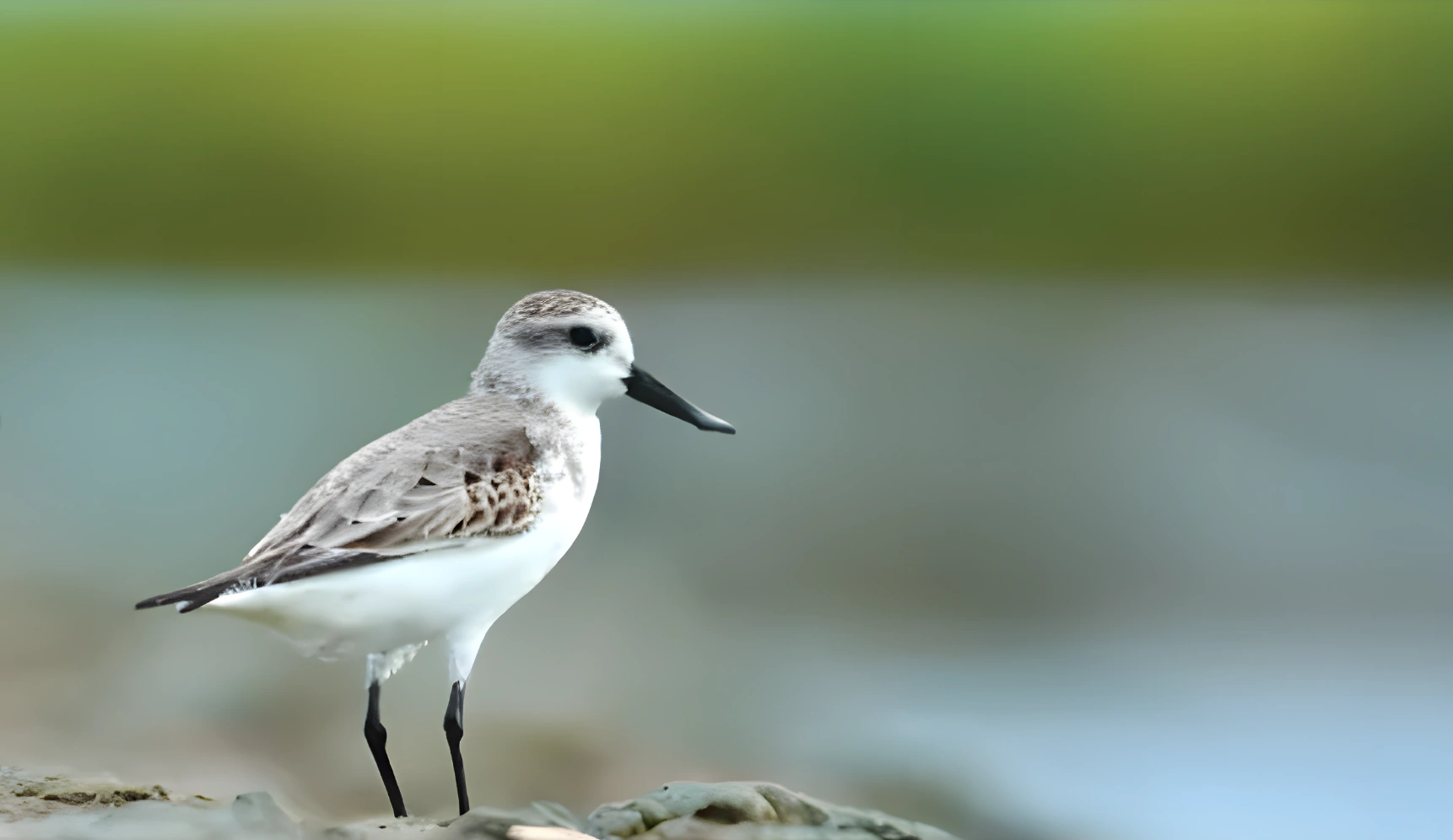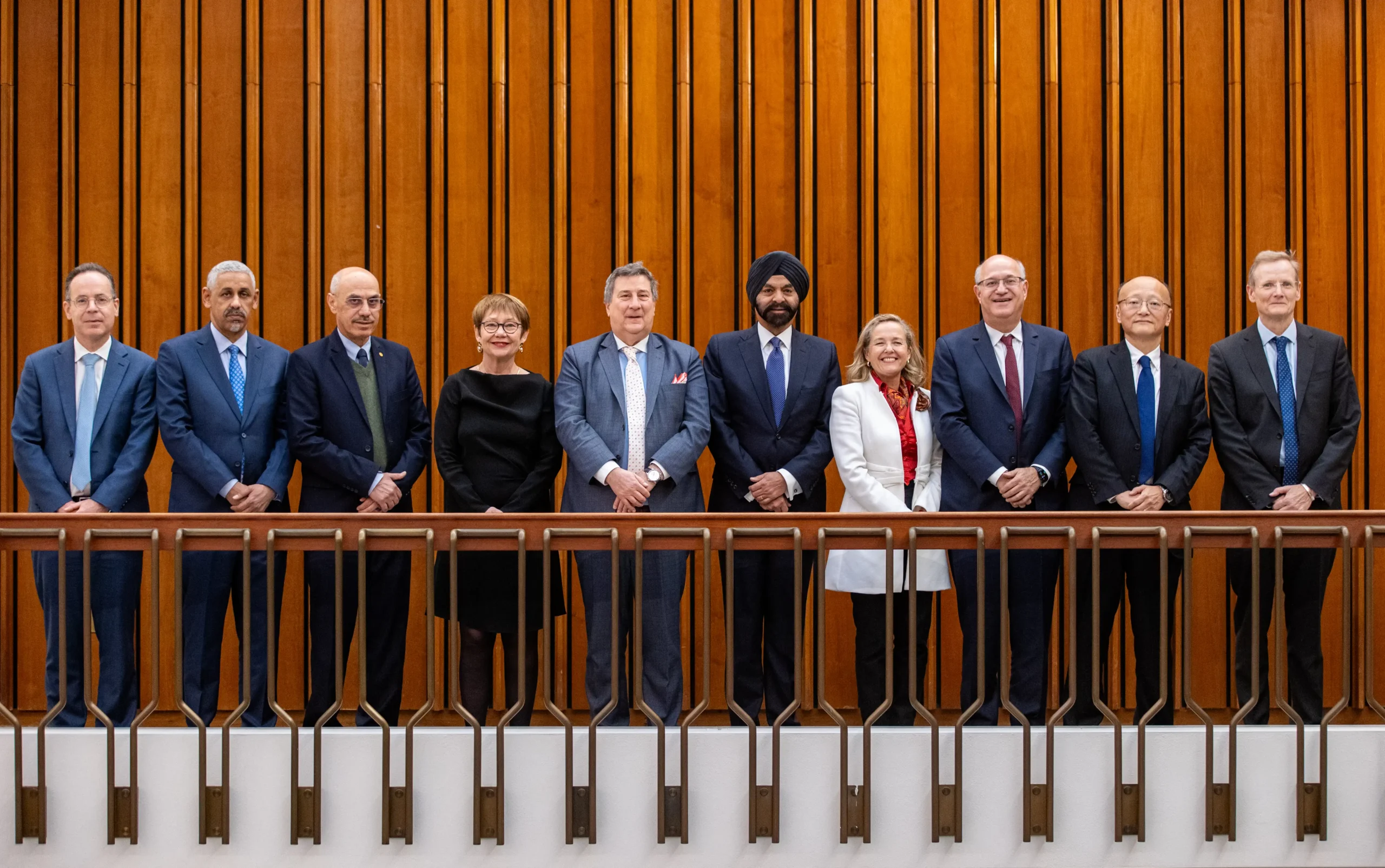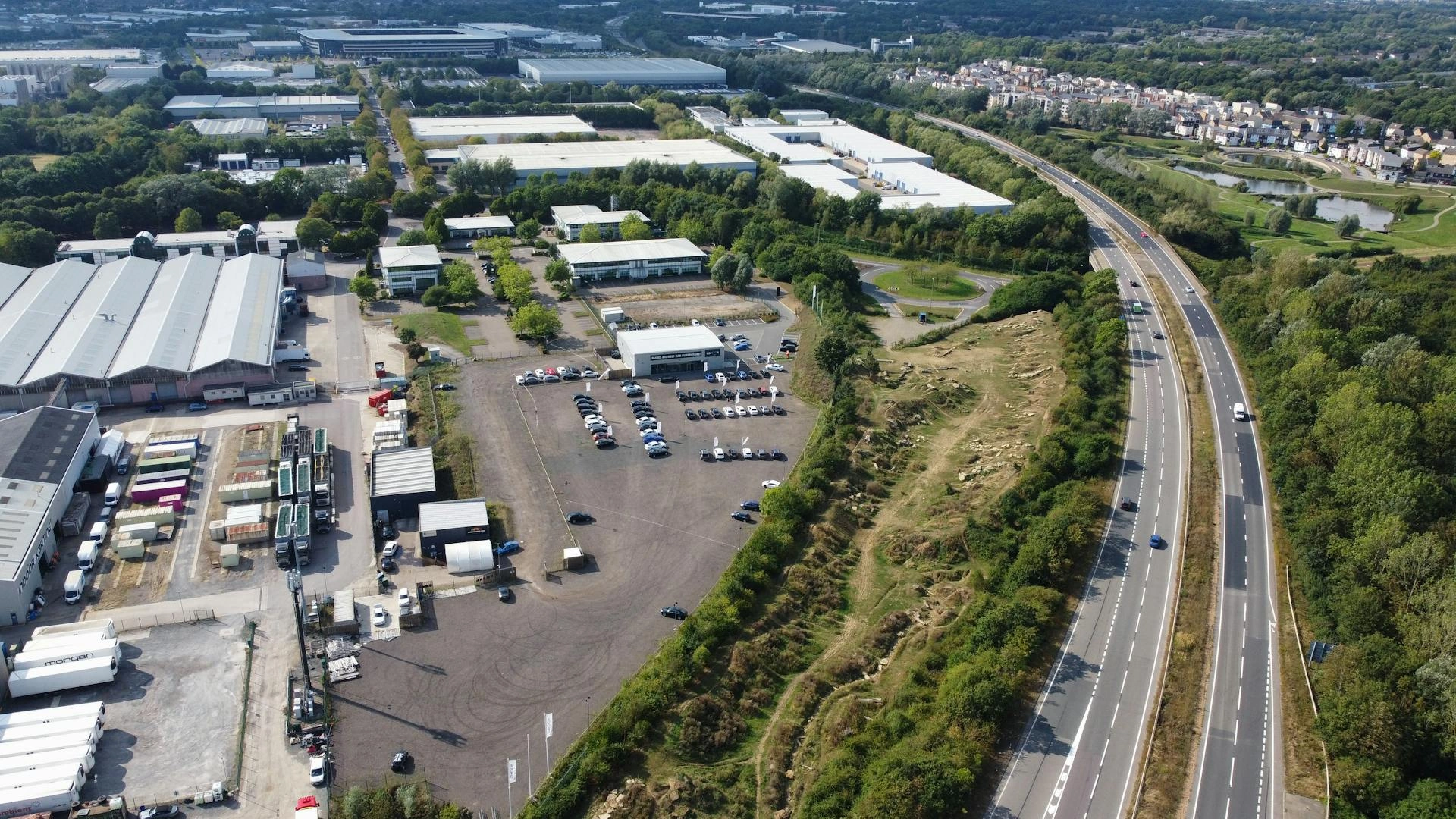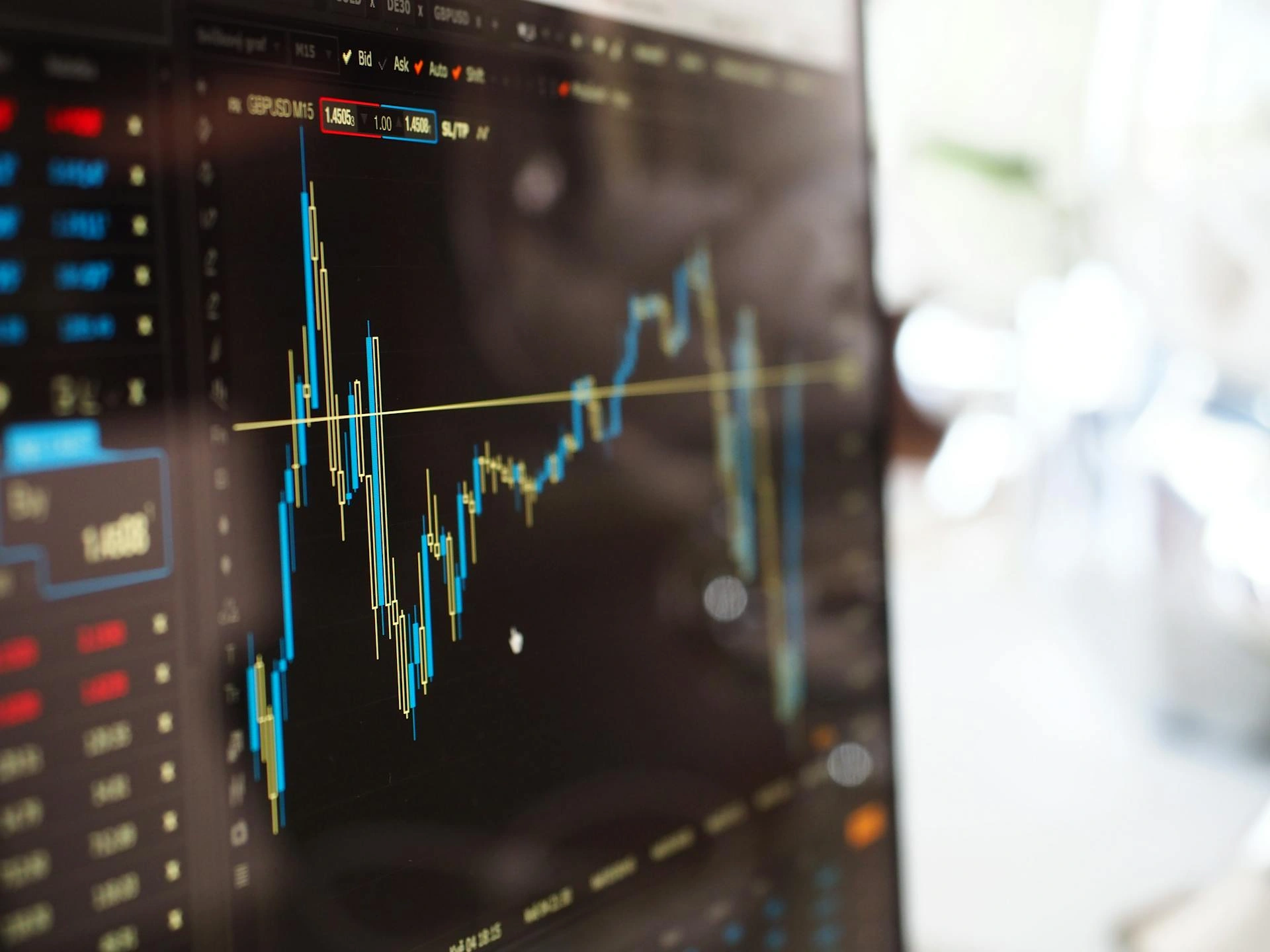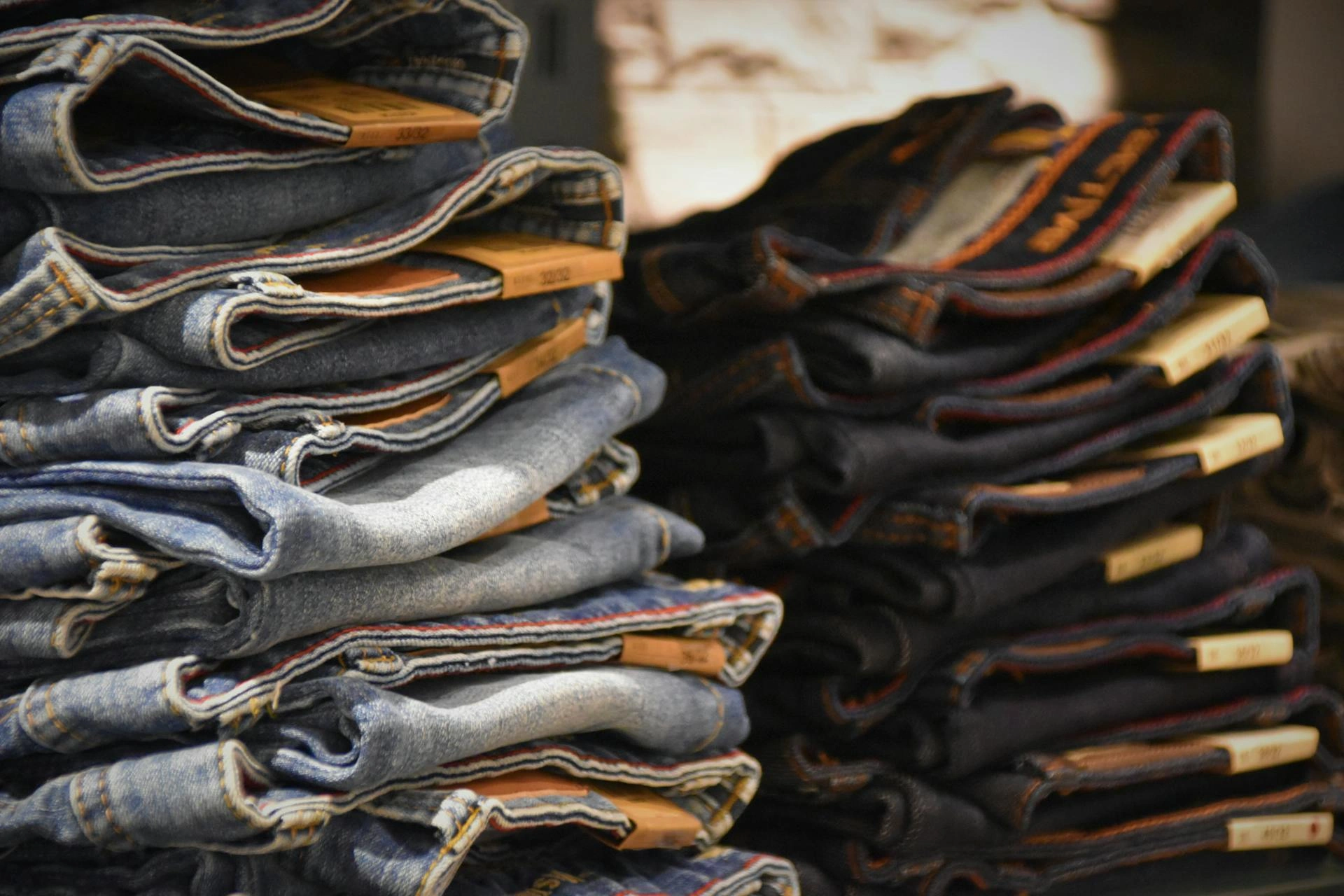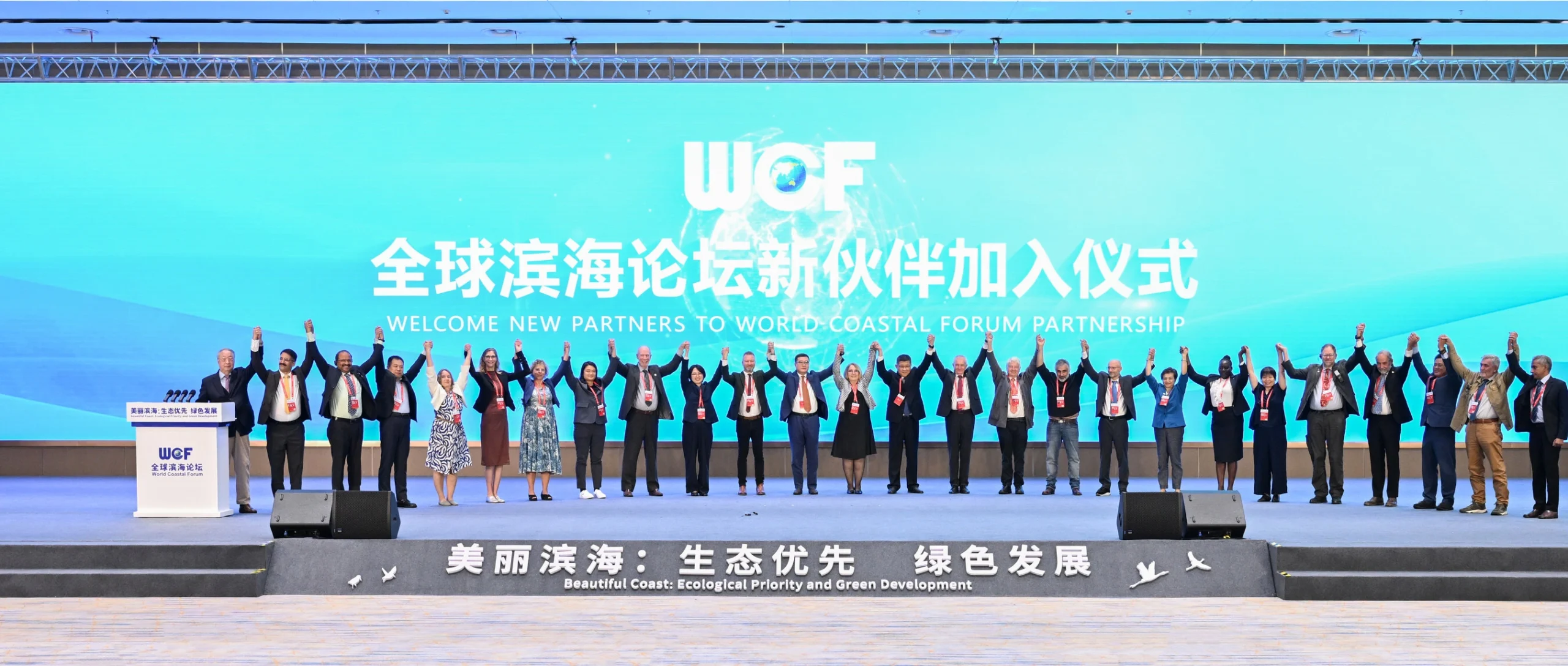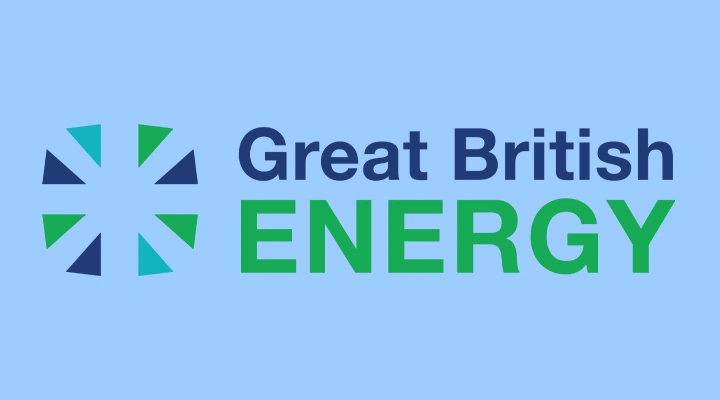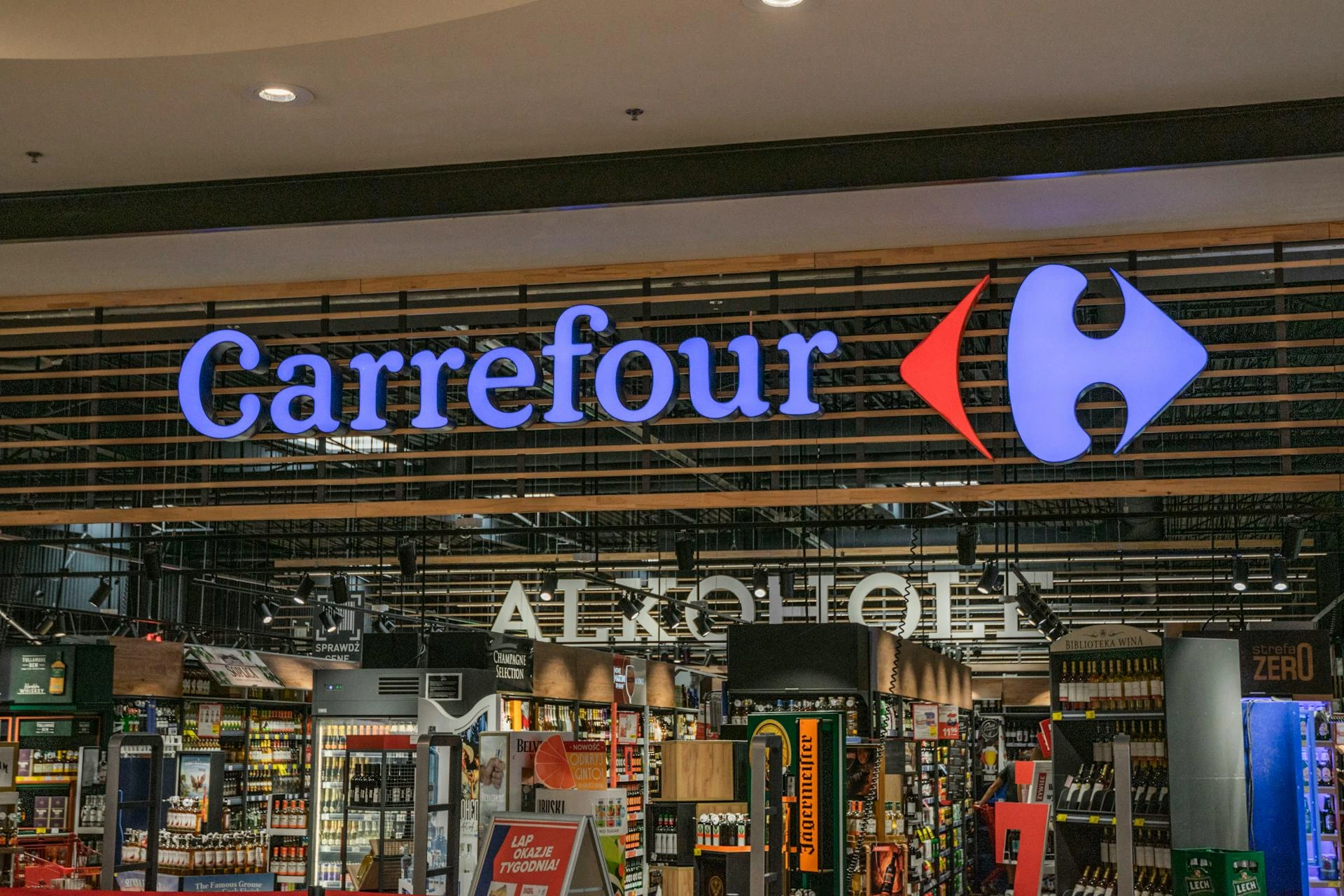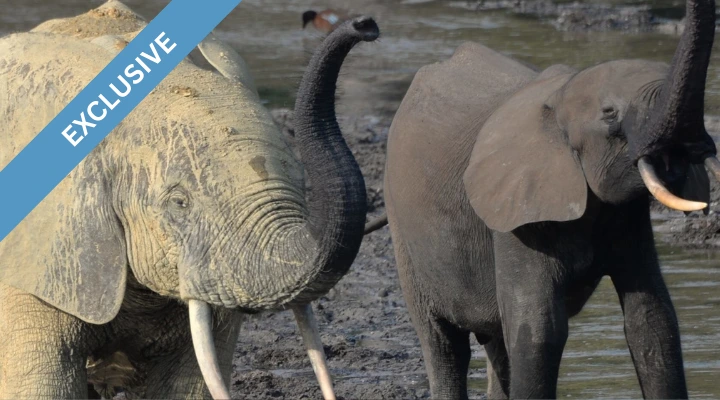Seychelles sets its sights on sustainability

John E. Kaye
- Published
- Home, Sustainability, Uncategorized
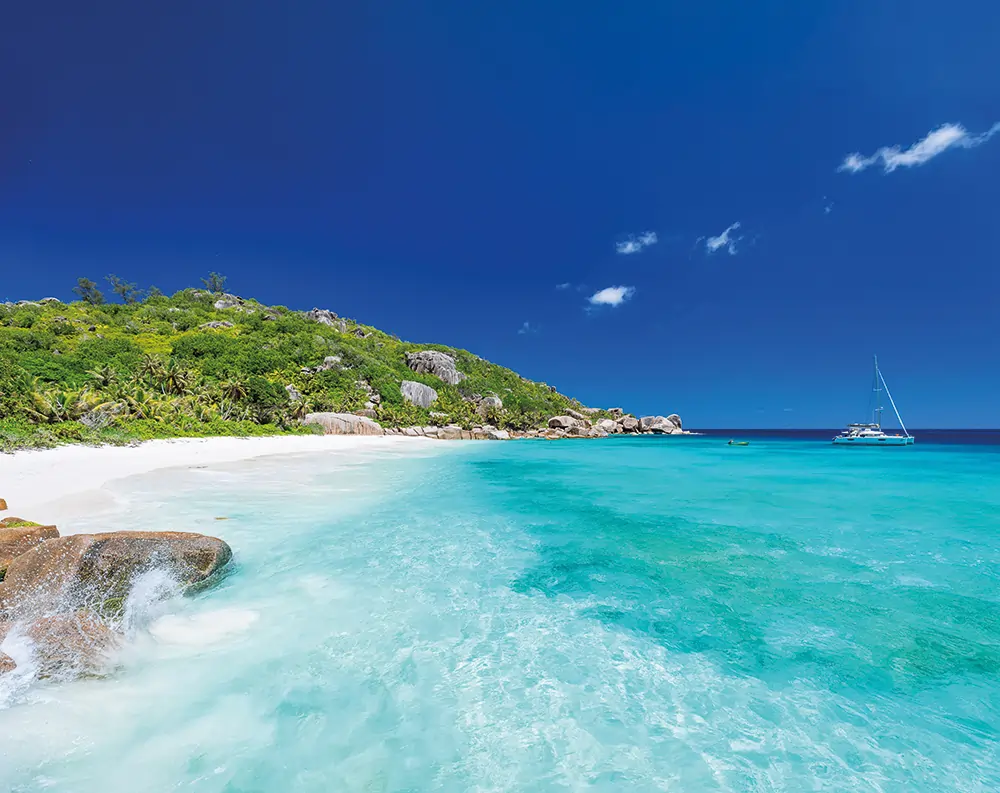
Few places on the planet are more pristine than Seychelles, but that’s not stopped the islands’ authorities implementing a raft of green initiatives
Sustainability has become a critical concept, gaining in importance with each passing day as we strive to find ways to meet our present needs without compromising future generations. In Seychelles, sustainability is a core value that underpins many of the nation’s policies, initiatives, and development strategies. This is because Seychelles, as an island nation, is acutely aware of the fragility of its natural resources and the need to protect them for future generations.
Seychelles is a small island nation located in the Indian Ocean, northeast of Madagascar. The country is made up of 115 islands, with a population of around 98,000 people. Despite its small size, Seychelles is home to an incredible range of flora and fauna, with over 50% of its landmass dedicated to protected areas, including two UNESCO World Heritage Sites. The country’s marine ecosystem is equally diverse and supports a range of species, including whale sharks, humpback whales, and various species of turtles.
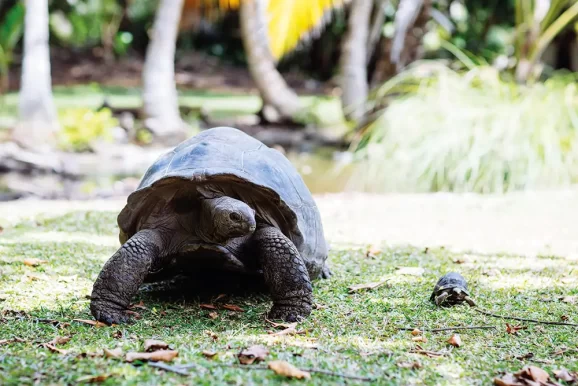
Investing for tomorrow
One of the most significant sustainability initiatives in Seychelles is the country’s commitment to renewable energy. The Seychelles government has set a target to produce 25% of its electricity from renewable sources by 2030. To achieve this, the country has invested heavily in solar power and wind energy, with a number of large-scale projects currently underway. For example, in 2020, the Seychelles government launched the Floating Solar Project, which involved the installation of a large-scale solar farm on a floating platform in the lagoon of Mahé Island. The project is expected to generate up to 4.4 million kilowatt-hours of electricity per year, reducing the country’s reliance on fossil fuels and lowering its carbon footprint
In addition to its renewable energy initiatives, Seychelles is also committed to sustainable tourism. The country’s tourism industry is a vital part of its economy, accounting for around 30% of its GDP. However, the government recognises the need to balance economic growth with environmental protection and has implemented a range of measures to promote sustainable tourism. For example, the Seychelles Sustainable Tourism Label (SSTL) is a certification programme that recognises tourism establishments that have implemented sustainable practices. To date, over 40 establishments have been certified under the SSTL, including hotels, guesthouses, and tour operators.
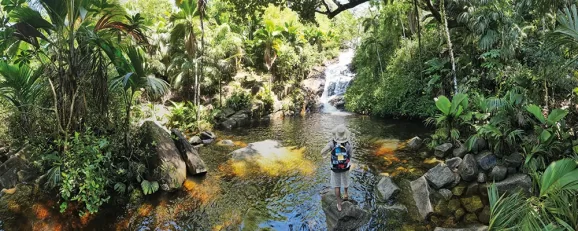
Blue economy
Seychelles is also committed to protecting its marine environment, recognising the importance of its oceans and the need to safeguard them for future generations. In 2020, the country launched the Blue Bond initiative, the world’s first sovereign blue bond. The bond raised $15m to finance sustainable fisheries, protect marine habitats, and develop the country’s blue economy. The bond was oversubscribed, indicating strong investor interest in sustainable initiatives and signalling the potential for other countries to follow Seychelles’ lead.
Another notable sustainability initiative in Seychelles is the Island Development Company (IDC). The IDC is a state-owned company responsible for developing and managing several of the country’s outer islands, with a focus on sustainable development. The company’s objectives include promoting eco-tourism, developing renewable energy sources, and protecting the islands’ biodiversity. One of its most significant projects is the development of a sustainable aquaculture industry on the remote Aldabra Atoll, which has the potential to provide food security for the country while protecting its marine environment.
In conclusion, Seychelles is a country that has made significant progress in promoting sustainability across many sectors. Its commitment to renewable energy, sustainable tourism, marine conservation, and the sustainable development of its outer islands are all examples of its leadership in promoting a better future both on the islands and beyond.
Further information
www.seychelles.com
Main image: Savour a tropical paradise at Grande Soeur Island
Sign up to The European Newsletter
RECENT ARTICLES
-
 EU sustainability rules drive digital compliance push in Uzbekistan ahead of export change
EU sustainability rules drive digital compliance push in Uzbekistan ahead of export change -
 China’s BYD overtakes Tesla as world’s largest electric car seller
China’s BYD overtakes Tesla as world’s largest electric car seller -
 UK education group signs agreement to operate UN training centre network hub
UK education group signs agreement to operate UN training centre network hub -
 Mycelium breakthrough shows there’s mush-room to grow in greener manufacturing
Mycelium breakthrough shows there’s mush-room to grow in greener manufacturing -
 Oxford to host new annual youth climate summit on UN World Environment Day
Oxford to host new annual youth climate summit on UN World Environment Day -
 Exclusive: Global United Nations delegates meet in London as GEDU sets out new cross-network sustainability plan
Exclusive: Global United Nations delegates meet in London as GEDU sets out new cross-network sustainability plan -
 Fast fashion brands ‘greenwash’ shoppers with guilt-easing claims, study warns
Fast fashion brands ‘greenwash’ shoppers with guilt-easing claims, study warns -
 Private sector set to overtake government as main driver of corporate sustainability in 2026, report suggests
Private sector set to overtake government as main driver of corporate sustainability in 2026, report suggests -
 Sir Trevor McDonald honoured at UWI London Benefit Dinner celebrating Caribbean achievement
Sir Trevor McDonald honoured at UWI London Benefit Dinner celebrating Caribbean achievement -
 Historic motorsport confronts its energy future
Historic motorsport confronts its energy future -
 Protecting the world’s wild places: Dr Catherine Barnard on how local partnerships drive global conservation
Protecting the world’s wild places: Dr Catherine Barnard on how local partnerships drive global conservation -
 Europe’s HyDeal eyes Africa for low-cost hydrogen link to Europe
Europe’s HyDeal eyes Africa for low-cost hydrogen link to Europe -
 Fabric of change
Fabric of change -
 Courage in an uncertain world: how fashion builds resilience now
Courage in an uncertain world: how fashion builds resilience now -
 UAE breaks ground on world’s first 24-hour renewable power plant
UAE breaks ground on world’s first 24-hour renewable power plant -
 China’s Yancheng sets a global benchmark for conservation and climate action
China’s Yancheng sets a global benchmark for conservation and climate action -
 Inside Iceland’s green biotechnology revolution
Inside Iceland’s green biotechnology revolution -
 Global development banks agree new priorities on finance, water security and private capital ahead of COP30
Global development banks agree new priorities on finance, water security and private capital ahead of COP30 -
 UK organisations show rising net zero ambition despite financial pressures, new survey finds
UK organisations show rising net zero ambition despite financial pressures, new survey finds -
 Gulf ESG efforts fail to link profit with sustainability, study shows
Gulf ESG efforts fail to link profit with sustainability, study shows -
 Redress and UN network call for fashion industry to meet sustainability goals
Redress and UN network call for fashion industry to meet sustainability goals -
 World Coastal Forum leaders warn of accelerating global ecosystem collapse
World Coastal Forum leaders warn of accelerating global ecosystem collapse -
 Miliband: 'Great British Energy will be self-financing by 2030'
Miliband: 'Great British Energy will be self-financing by 2030' -
 New ranking measures how Europe’s biggest retailers report on sustainability
New ranking measures how Europe’s biggest retailers report on sustainability -
 Music faces a bum note without elephant dung, new research warns
Music faces a bum note without elephant dung, new research warns

